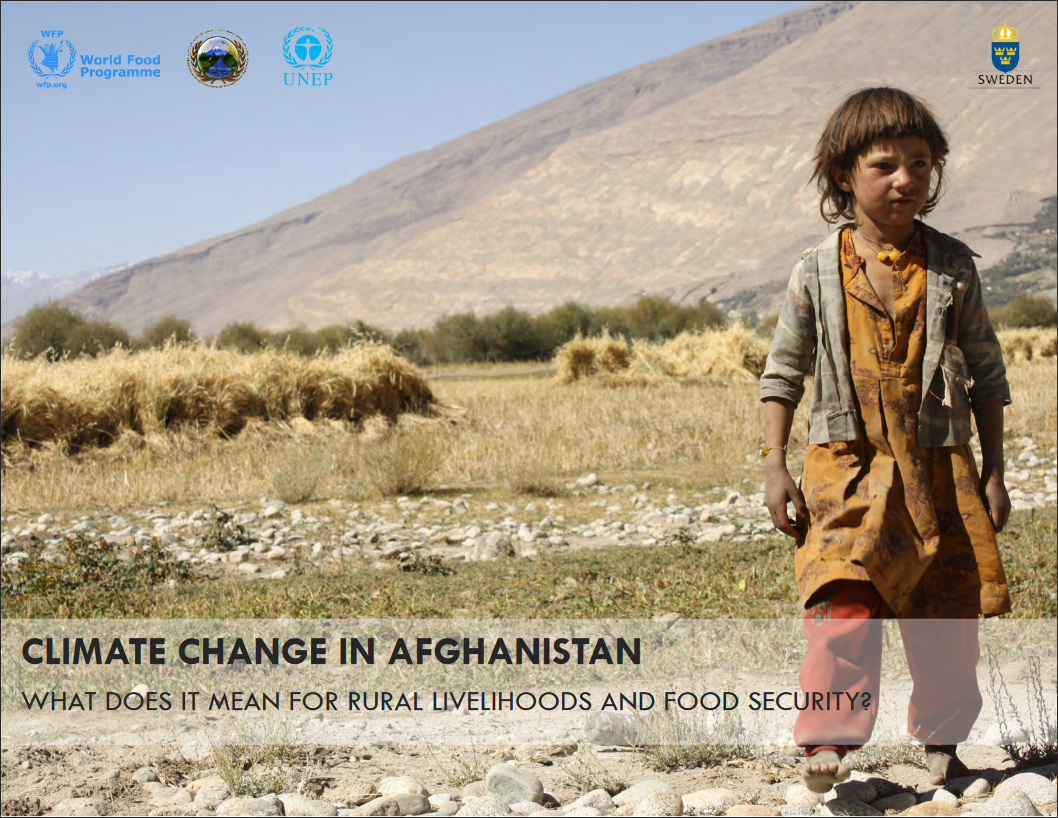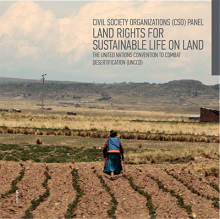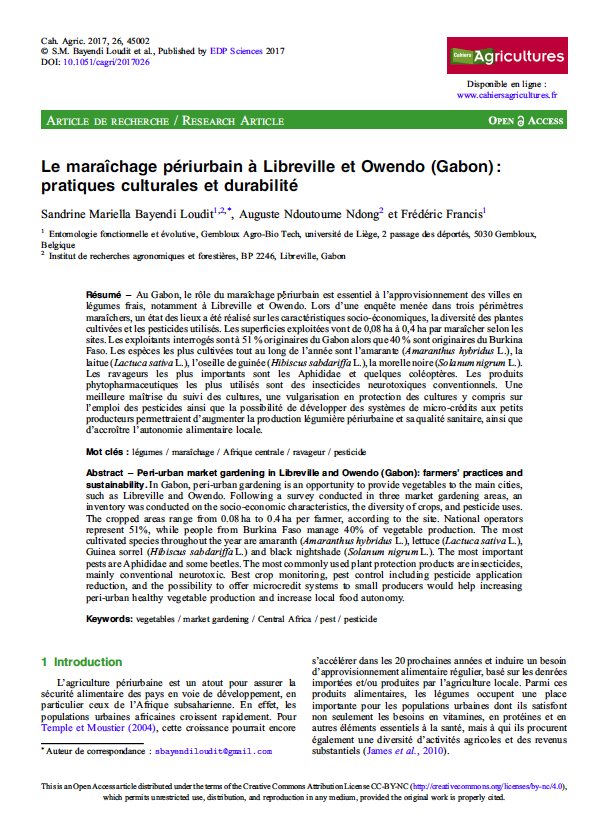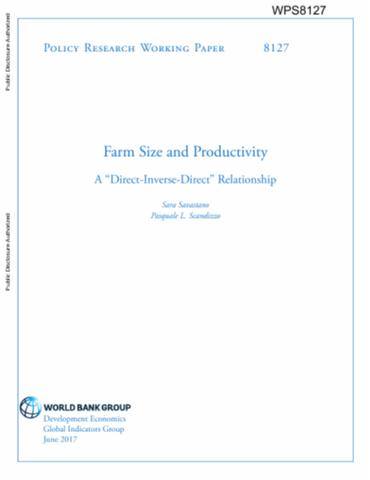Por uma melhor administração de terras?
A terra, no que respeita ao regime jurídico, formas de acesso e ocupação, segurança de posse, tipos de utilização, investimento e planeamento do território, é um elemento estruturante que influencia o tipo de desenvolvimento a longo prazo.
Para além de permitir a principal fonte de subsistência nas zonas rurais (actividade agrícola), a terra constitui também um elemento sagrado que garante o encontro com os ancestrais e estrutura as relações sociais, sobretudo em sociedades maioritariamente rurais como as moçambicanas.









